Wildlife reserve hit hard by covid19, seeking donations
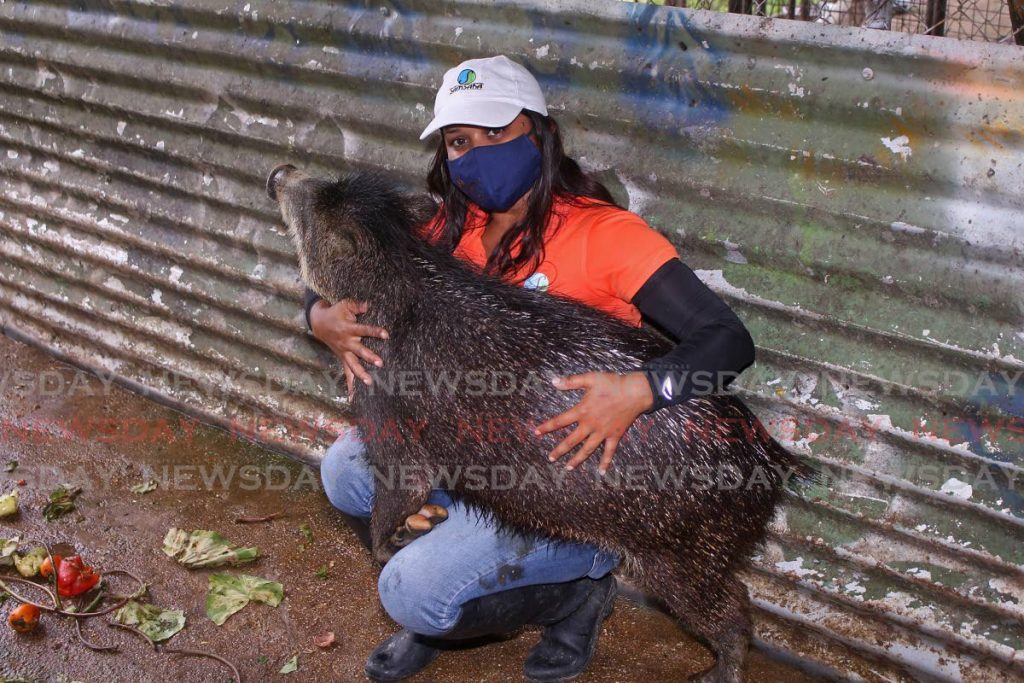
SAMSARA wildlife reserve and petting zoo needs your help now more than ever. Like many other businesses, it was hit hard by the covid19 pandemic, and its owners are now seeking donations of food and medicine for the animals, and cash.
The reserve is located at Coqueran Drive, Rock Road, Penal, and has been in operation for two years.
But co-owner Darrin Ramoutar, 36, told Newsday it actually came into existence eight years ago with no intentions of it becoming a business.
It is filled with rescued and rehabilitated animals that were once abused, abandoned and considered worthless.
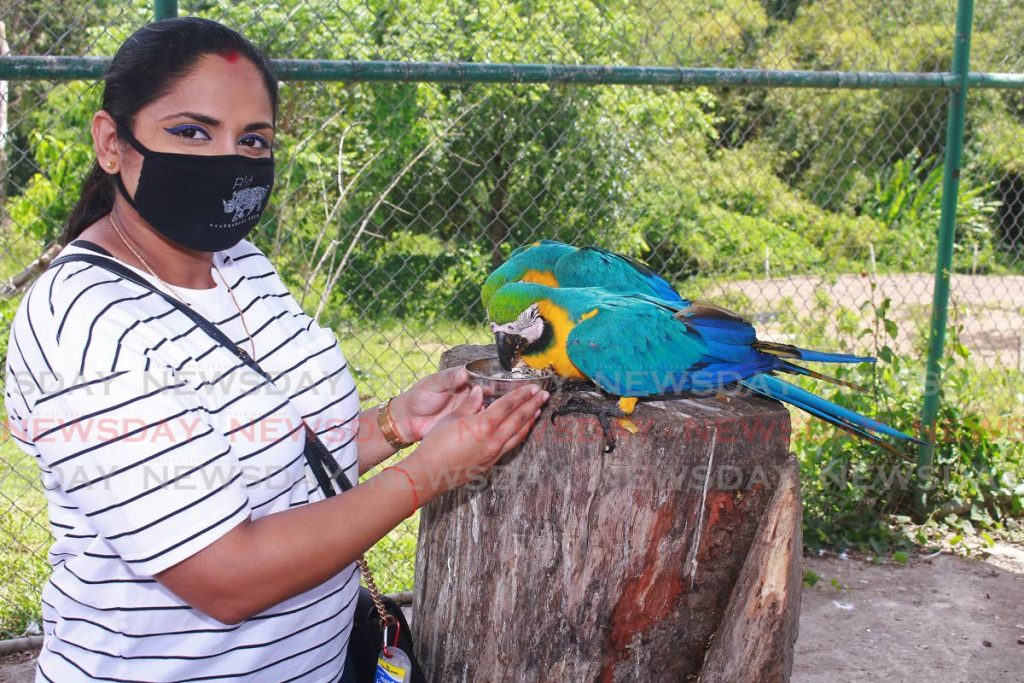
Ramoutar said, “I actually have been breeding and releasing macaws for the past 17 years but I was born into this. I always loved animals since I was small – we always had a lot of birds and dogs.
“So Samsara was pretty much like a hobby gone wild. I started with chickens and goats and dogs and cats, and then I met Kerry Latchman – the next owner who also loved animals and we decided to come together to do this. It was really supposed to be something private and for relaxation.”
But as the reserve’s population grew and expenses increased, they agreed to turn it into a business.
And what better name than Samsara, which is Sanskrit for “New beginnings.”
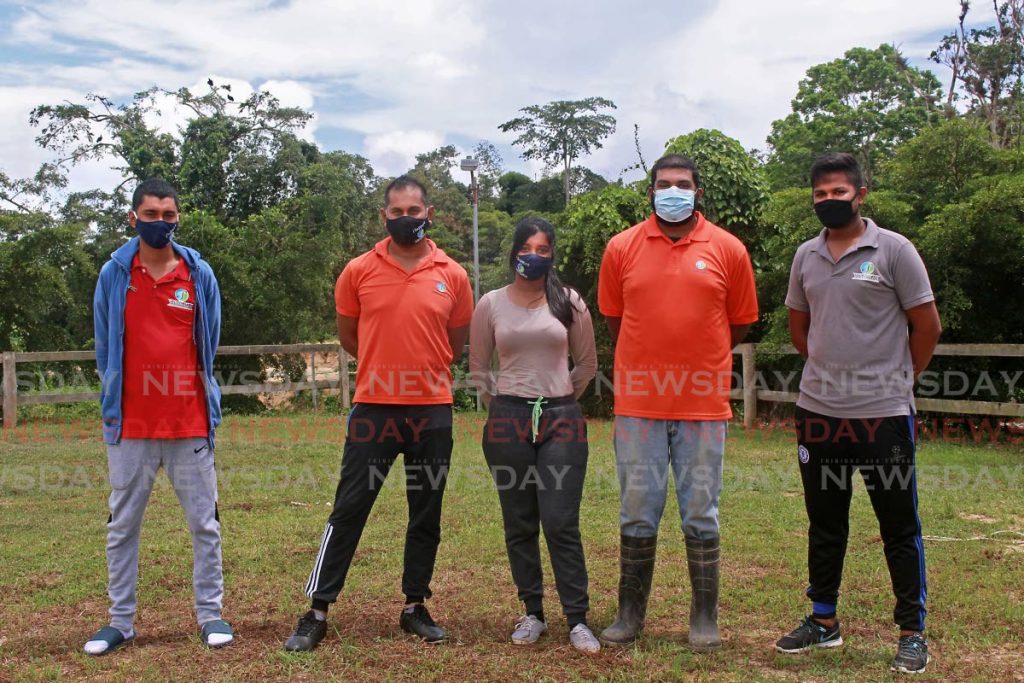
“We pay workers, then to feed and maintain animals, especially the rescuing of horses. The reason you need more than the average amount of funds is that when you are rescuing animals, you first have to nurse it back to health and then maintain it. So it is a lot more work.”
On horses, he said, “A lot of people, when they finish their racing career, they would look to find them homes. Some end up in homes where they are not being taken care of, or the people realise they don’t have enough money to maintain it so they abandon it at the side of the road or just stop feeding them. To rescue a horse, most times, you have to buy a horse.”
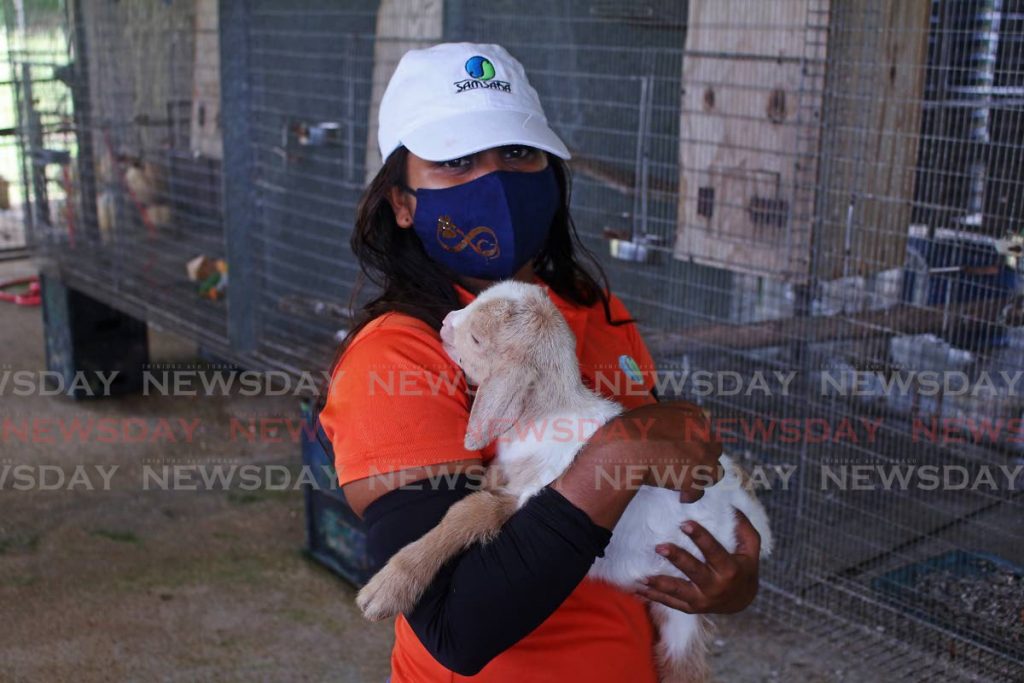
In addition to horses, the 20 acres of land has a wide range of birds including peacocks, macaws, Amazon parrots, and budgies; rabbits, monkeys, guinea pigs, goats, chickens, fish and turtles, donkeys, snakes, hogs, raccoons, geese dogs – including Dobermans, Pitbulls, Pugs, Huskies, St Bernards, among others - and cats.
Visitors can interact with the animals by petting, feeding and even riding in the case of horses. Some of the macaws that aren’t within enclosures may even fly in your direction and land on your shoulder.
He said it is a lot of hard work, as some days he even pulls 19-hour or 20-hour shifts.
“When we close at 5 pm, we have to clean and orgsanise for the next day, we would milk the goats in the late evening…And we would always come up to check on the horses and stuff because we live right in front. So even 12 am, 1 am we come just to check out the animals.
“But then one thing leads to another. You come to check the horses but you realise the dogs want to play so you let them out, then this next one starts to bawl and cry so we let go that one…”
Business days and hours are usually every day from 10 am to 5 pm and typically, they get several visitors.
But after the covid19 pandemic hit, absolutely no one visited on some days. And the reserve was highly-dependent on the fees from daily visits. Visitors can purchase food to feed the animals, and there is an entrance fee of $40.
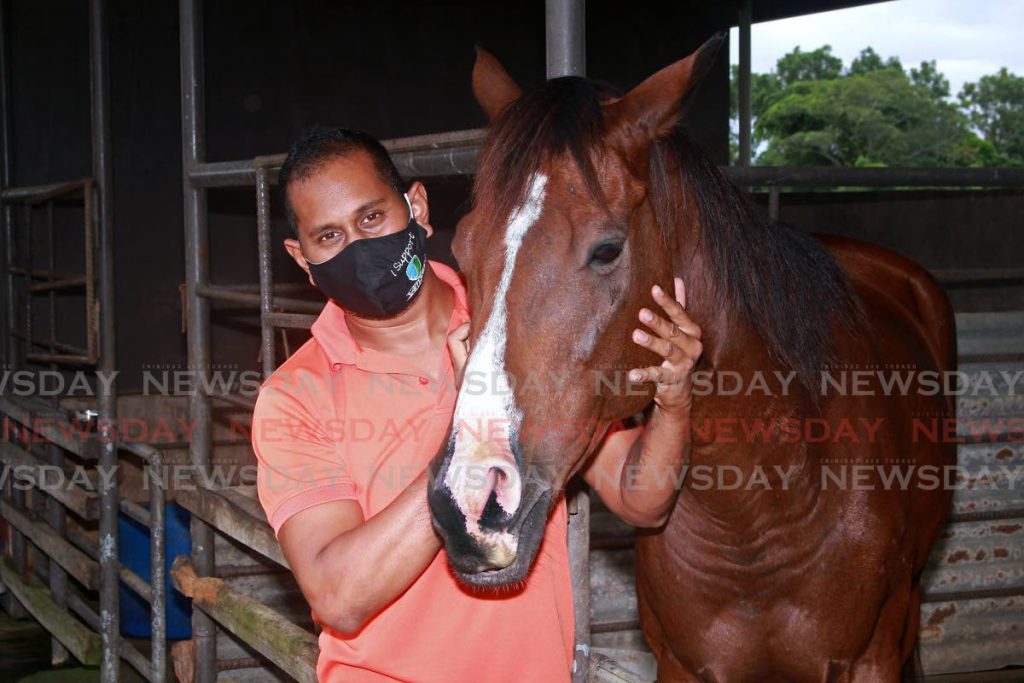
“So we decided to ask for help. It has been really bad,” Ramoutar said.
“We reached to the point where we had to send home some workers, and now we only have one worker come in every day on a rotation basis. So now, two people may have to do what six or nine people would have gotten done before.”
But students studying veterinary medicine or just people who love animals have been volunteering.
The business currently only opens on weekends from 10 am to 5 pm.
“It doesn’t make sense making workers come out during the week and nobody is coming. We wouldn’t be able to afford it,” he said.
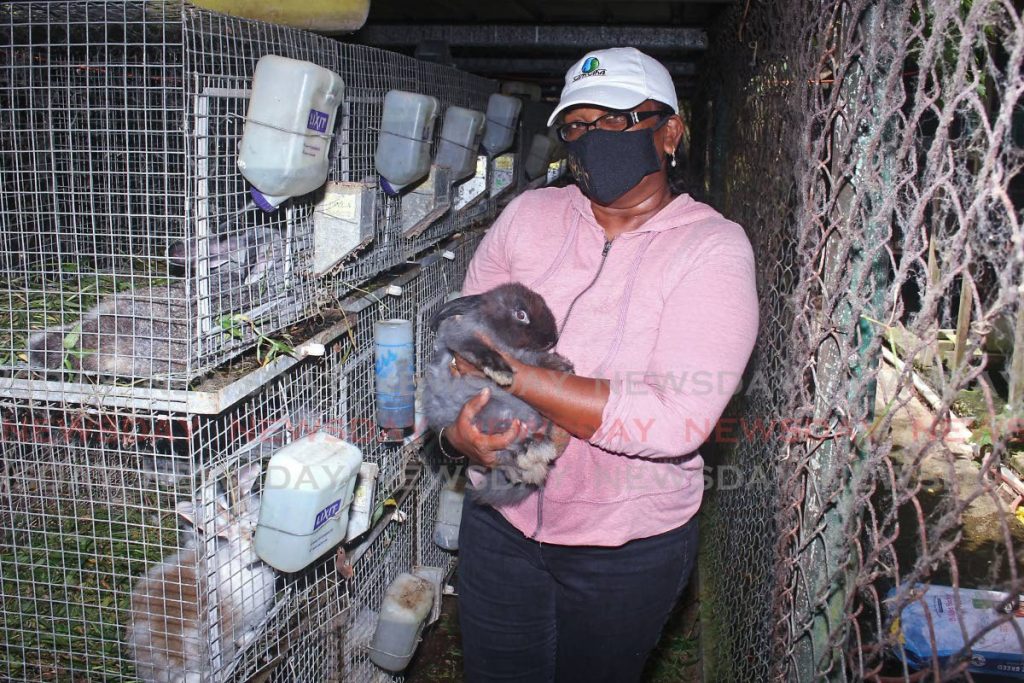
Asked if he still sees a future for the business, given the global situation with the pandemic, he said, “What we did with a lot of the donations is investing in stuff that could sustain so we don’t have to keep asking for help in the future. Remember, everybody is feeling the brunt of it.
“So we invested in chickens so we could get eggs, we also invested in milking goats – and goat milk is extremely good for animals. We also planted fruit trees and stuff to help us. So we are putting things in place.”
Asked what he wishes to say to those who have already assisted, he said, “We just wanna say thank you very much. People have been really supportive.
“It means a lot. We understand everybody is in a situation where they themselves need help so we greatly appreciate that they still found a dollar or two to give us or donate in some way or the other.”
Anyone who wishes to assist/donate can contact the business at 347-6734; 380-0791;725-8225 or send a message to its Facebook page.
Food items that can be donated are – but not limited to - dairy ration, all-purpose pellet, ruminant mix, growing mash, rabbit pellet, sunflower seeds, fruits, dog chow, puppy chow and cat chow.

Comments
"Wildlife reserve hit hard by covid19, seeking donations"